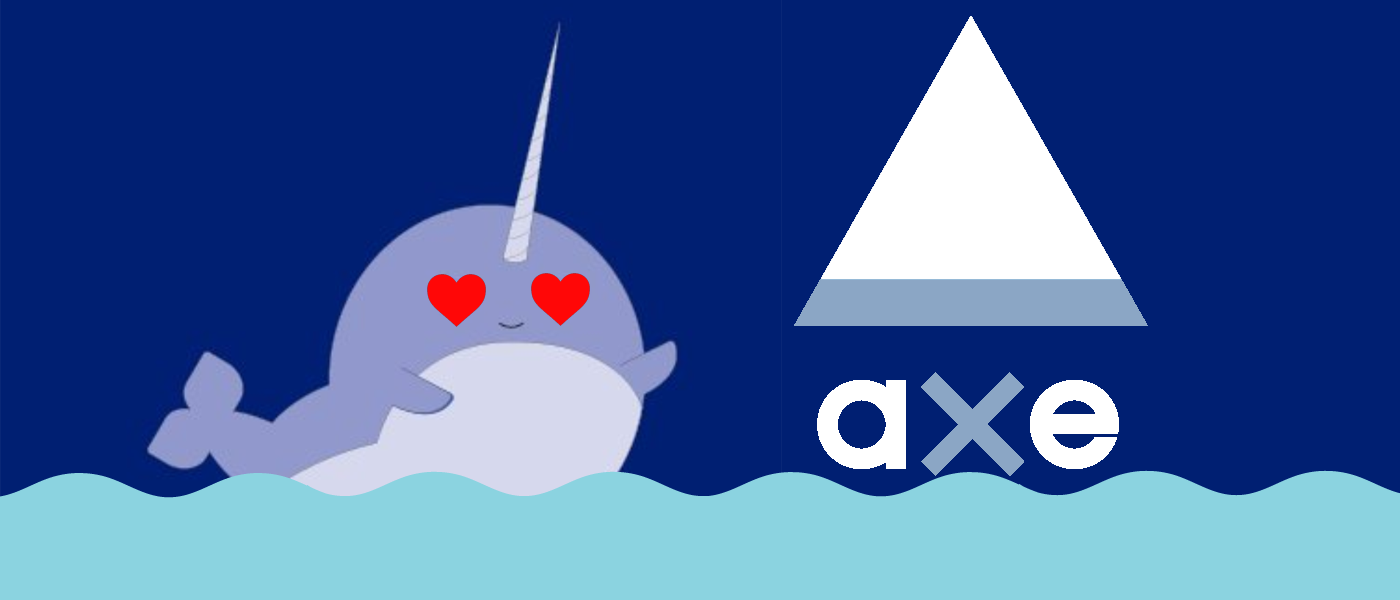Microsoft selects Deque’s axe for WebHint Project
Editor’s Note: The product formerly known as Sonarwhal is now Webhint.io. But don’t panic! They have maintained the Narwhal as their mascot. #savethenarwhals
Earlier this year, Microsoft debuted their WebHint project (formerly Sonarwhal), dubbed a “linting tool for the web”, which they donated to the JavaScript Foundation. As a community project, WebHint encourages developers to test for accessibility early in the development process using Deque’s axe-core library under the hood, in addition to rules for interoperability, security, and performance. We’re thrilled to see our work leveraged in open source projects from Microsoft and Google, since it means tech giants recognize our expertise in automated accessibility testing. Why reinvent the wheel, when there’s already a well-maintained library out there?
At the Microsoft Edge Summit in September 2017, Senior Project Manager Anton Molleda presented a talk on WebHint, detailing how it works in web development projects. For the accessibility portion, WebHint relies on Deque’s open source, JavaScript axe-core library. We’ve collaborated on Github to keep things rolling smoothly for WebHint, ensuring our work supports all users, but particularly those on Windows platforms.
While developer tools extension APIs are being redeveloped for Microsoft Edge–which upon completion will allow Deque to create an axe Edge browser extension–WebHint provides another opportunity for developers to test for accessibility in Edge, Chrome, and jsdom. WebHint is a “linting tool”, meaning developers use it to validate quality before shipping code. But it spins up a web browser for you, helpful for testing accessibility rules in the way axe-core requires, with CSS styles and scripts applied. This helps to eliminate false positives generated by typical linting tools.
WebHint is a similar project to Google’s Lighthouse auditing tool, which also uses axe-core. In this case, WebHint is less positioned at generating best practice PWA’s (Progressive Web Apps) and more at general web development. There are all kinds of websites and web applications out there supporting multiple platforms, and they all need accessibility. So these tools are a great starting point for developers looking to test for accessibility with axe-core.
If you’re interested in trying aXe for yourself to test accessibility one page at a time with a lower barrier to entry, check out our free browser extensions and playground on axe-core.org. For multiple pages and advanced configurations, our WorldSpace Attest developer ecosystem might be the ticket.
